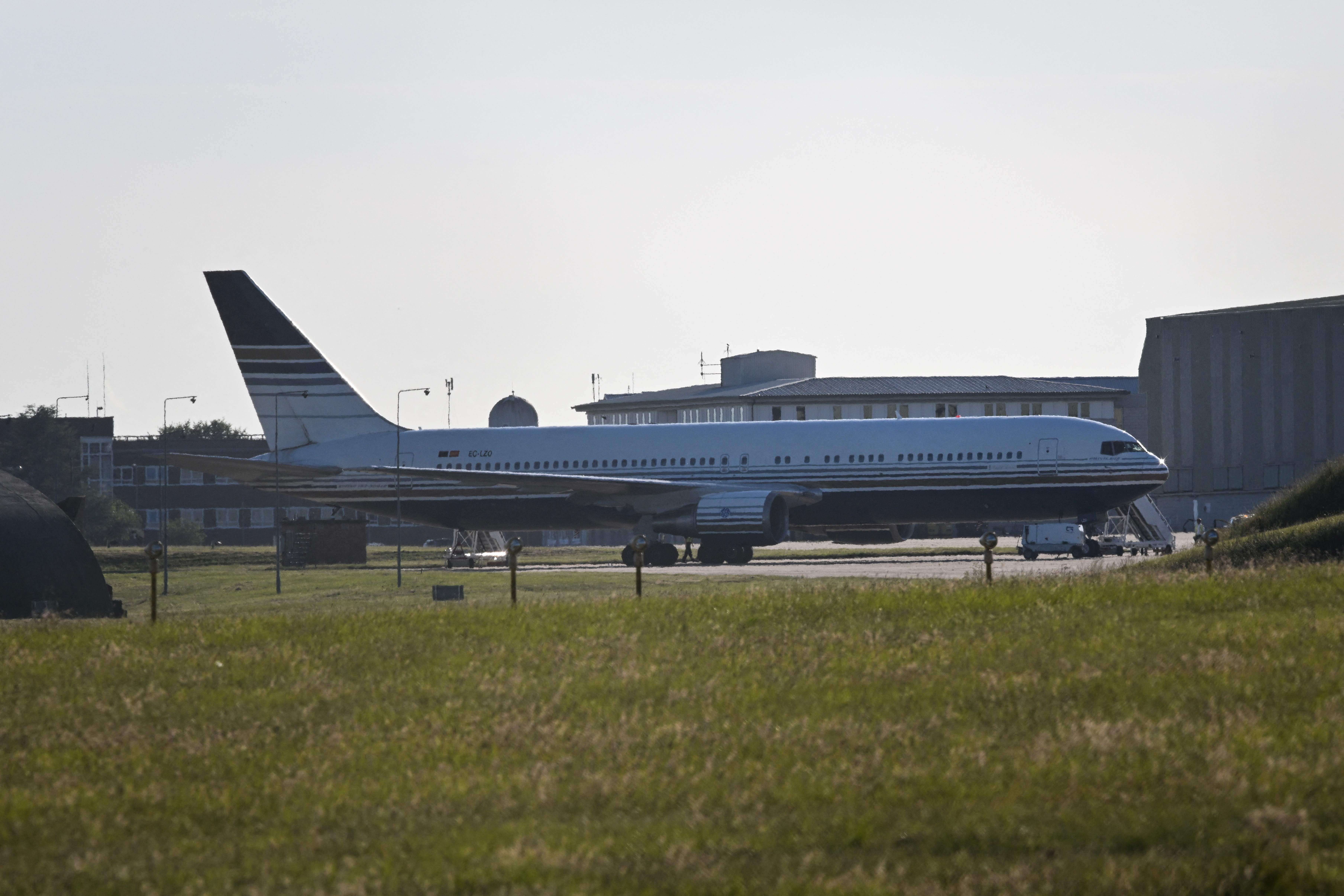Is it the end of the runway for the government’s Rwanda policy?
Now that the Supreme Court has ruled No 10’s deportation plan unlawful, Sean O’Grady looks at what Rishi Sunak can still do to ‘stop the boats’ once the dust has settled


The Supreme Court has ruled that the Rwanda plan is unlawful, leaving the government scrambling to reinvent its policy on irregular migration to the UK, including that which takes place via small boats crossing the English Channel.
Politically it has been a disaster, but the issue remains important to many voters, and some care passionately about it. Indeed, the Rwanda policy enjoyed some public support, though the extent of its popularity depended on the question asked, and the media coverage.
Rishi Sunak has said he’ll do whatever it takes to make the policy work a second time – but what can he do?
Ignore the Supreme Court judgment?
This is the course of action advocated by the deputy chair of the Conservative Party, Lee Anderson. He said it would demonstrate “strength” if ministers “just put the planes in the air now and send them to Rwanda”. He added: “I think the British people have been very patient, I’ve been very patient, and now they’re demanding action ... It’s time for the government to show real leadership and send them back, same day.”
It’s not a suggestion that has been taken up by ministers. One might also wonder what the deputy chair of the party is doing advocating law-breaking.
Could we make UK law override international law?
We could try, and recent legislation has done so by effectively making an asylum claim illegal outside of certain special schemes put in place for those wishing to come to the UK from Hong Kong, Ukraine and Afghanistan.
Sunak says he may “revisit” our international legal commitments, but doing so wouldn’t actually cancel them. It’s a bit cakeist, and not sustainable. He said he would not let the European Court of Human Rights block another attempt to implement the Rwanda plan, but did not spell out how he would achieve this. The new home secretary, James Cleverly, has said that ignoring or cancelling our commitment to refugee conventions isn’t necessary.
Can they make the Rwanda plan work now?
That’s the stated policy, and there’s nothing intrinsic to the Supreme Court judgment to suggest that the Rwanda policy can never be made to work – quite the opposite, in fact. However, that would take time, and be subject to fresh legal challenge – with no certainty of what the Supreme Court or the European Court of Human Rights (which is nothing to do with the EU) might say about any developments in regard to the policy.
What could a new Rwanda-UK treaty achieve?
This is the current policy, and it would help to make sure that the Rwanda plan could be resurrected, because it would be more legally binding than the present memorandum of understanding, and should contain more demanding conditions regarding the fair and lawful treatment of refugees. But it would not itself be sufficient to ensure that the policy is lawful.
Could the UK help to make Rwanda’s asylum processing system stronger?
Yes, and it has been doing so. But short of UK officials being seconded to Rwanda to run the system, with the right to decide whether people can settle in Rwanda or should be returned to their country of origin, the legal framework would still be Rwandan, and thus subject to similar objections as now.
Why not ask other countries, or use UK overseas territories as well as or instead of Rwanda?
It would be perfectly legal, according to the Supreme Court, to export refugees to third countries for processing and potentially to be granted asylum there – provided those countries are safe, and that asylum seekers would not be at risk of “refoulement” – being sent back to their home country where they could face torture or worse.
This suggestion has often been mooted, going back to when Priti Patel was home secretary. Places such as St Helena, Ascension Island and the Falklands, as British overseas territories, would be easier to arrange, though Papua New Guinea (used by Australia) and Morocco are also destinations that have found their way into the press.
The legal drawbacks would in principle still be the same as those that apply in respect of Rwanda. In addition, there is no necessary reason why these places would be able to process more people than the Rwandan scheme. The idea that the scheme would create a deterrent effect suffered from the fact that the numbers involved were tiny – a few hundred against tens of thousands of asylum claims.
Should Sunak adopt a radically different policy?
Yes, but it’s a bit late for that, and rather humiliating to copy Labour’s approach at this stage. The opposition wants to see more safe and secure routes, faster processing, and an agreed “returns” policy with the EU. If the resources and the money could be found, that might clear the backlog, as would an amnesty for those awaiting decisions – though that would not be popular.
Labour’s policy has other flaws. The party wants to target the criminal gangs – as the government has been doing. However, Labour doesn’t have any obvious deterrent as such to people arriving in small boats.
What do the voters think?
They do want to “stop the boats”, but since Brexit, people are actually more sympathetic to migration, on economic grounds. Labour has a small lead as the best party to deal with the issue – but voters are sceptical about any of the parties having the answers. They’re right.






Join our commenting forum
Join thought-provoking conversations, follow other Independent readers and see their replies
Comments